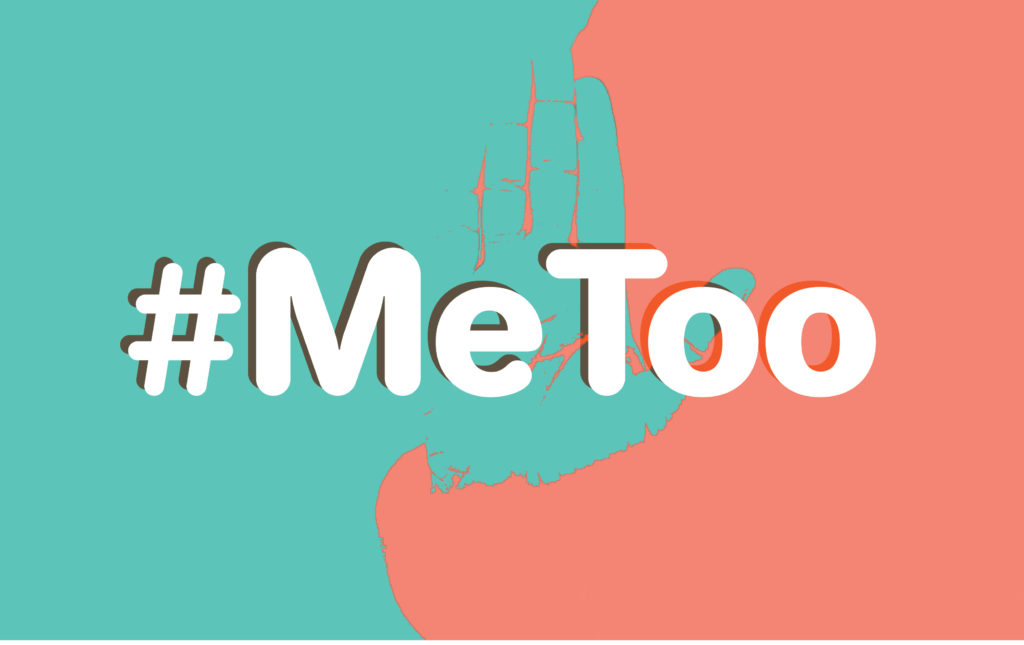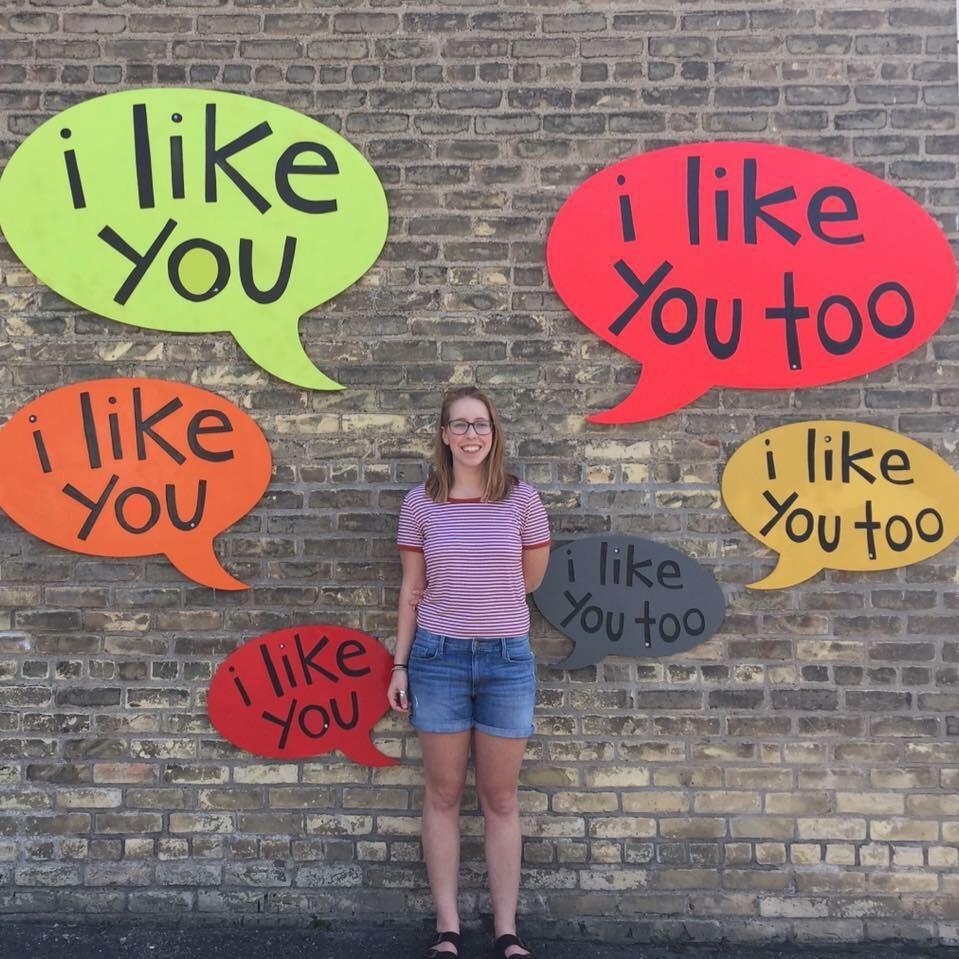You may think to call me selfish, but when I first thought of what element of sex positivity I wanted to highlight on Valentine’s Day, I immediately thought of myself—or more specifically, how I love myself. Both in and outside the context of sex positivity, the subject of self-love usually incites chuckles about masturbation. While masturbation may (for some) be a small component to expressing it, self-love itself is a much more transformative, important space for reclamation, affirmation, agency, and power for people within many positions and identities.
Given the complexities of this process, I invited Professor SooJin Pate to offer her vision of self-love as it has deeply influenced my own, which I will share after this, her essay contribution. Thank you for your time and careful words, SooJin, this week and always.
Dreams. Salve; elixir: healing. Prioritize. Worthwhile; worthy. Survive. Today and every day.
Out of all of SooJin’s words, together this short list captures the undercurrent of why I have turned my attention to self-love. As an advocate of a racialized, classed sex positivity, I spent a lot of time focusing on the interpersonal: how we can participate in happier, healthier sexual and/or romantic relationships; how our relationships are read by family and friends; how our positions change access to the experiences we can have with each other; how various oppressions and a lack of consent-focused culture create dangerous situations within sexuality for all people, especially those with marginalized identities. Many would probably define these all as sex positivity’s main areas of concern.
But as a survivor of violence—both the everyday overarching oppression SooJin describes and the more situated kind—I am also acutely aware of just how narrow this focus is. To limit self-love as merely an extension of interpersonal is to forget that we exist within and outside of relationships as individuals. While you are formed and informed by everyone around you, you still have a self-ness and a need to care for yourself that sex positivity cannot account for if it does not include active considerations of self-love. And this isn’t about how we have to love ourselves before we can get others to love us. Self-love is a continuous project to expand our radical imagination of ourselves, advocacy, love, community, and how these all relate to one another.
By loving ourselves, we are healing ourselves to survive in a world that violently isolates us from each other and ourselves. We cannot forget one of the major violences our society performs on its participants: that is, the denial of self-love. There are so many reasons given as to why we should be resistant to performing self-love, all of which are so cruelly individualized to exclude you based on what you are bringing. ‘It’s not manly,’ or ‘it’s too emotional,’ or ‘you can’t afford to take the time or pay for the right resources,’ or ‘you don’t deserve self-love’ based on any number of oppressive reasons. Basically, if you have a position and identity, you can be guaranteed there’s a reason you “should” not be engaging with self-love. We excuse our self-neglect earnestly because we have internalized the narratives against self-love. As college students, we are told against we don’t have time—but we need to start making that time or else our time here will be miserable for all involved.
So how do we go from pushing against self-love to embracing it? SooJin detailed many ways to begin the process. But mainly, we need to reconstruct and redefine self-love. For me, self-love is an intentional manifestation of compassion for our own bodies/physical presence, our own individualized selves (or souls, as SooJin names), and our place in the world. These three units—bodies, selves, and location in the world—are all intricately woven and together must be accounted for as we move forward. Any self-love I perform moves this web together carefully but powerfully, and when I fail or forget to love myself, I hope to continue to learn that I am accountable (in a good way) to those who love me in turn and will care for me.
This is all abstract, I know, but it’s what happens with such an individualized task of self-love. When I asked around for examples of self-love and self-care, everyone had at least one example. Pet a cat or dog. Take a TV-show break. Break out the chocolate. Have dinner with a friend you miss. Kim Goodnight ’14, gave me an extended response that illustrates the intentionality of self-love/-care: “Spend some time in a bookstore. As an English major, books are basically my life but the stress of course work and having to read so much all the time can cause me to forget why I love books and reading in the first place. Taking a few minutes out of my day to just walk around in a place stuffed to the gills with books and people who love books is a breath of fresh air. Because the library is always full of stressed students, I’ve found that bookstores are more soothing. It’s nice to just be still for a moment and fully present to enjoy something you love.” What I love and appreciate about Kim’s suggestion is that it embraces all components I laid out of self-love: acknowledging the body (getting away from stressed students to avoid getting stressed), the self (knowing and celebrating your passions), and a community (readers, books, and the echoes of the writers who imagined those stories).
Relaxing in a bookstore is not everyone’s idea of relaxing or self-care, but that’s okay. For your self-love to be earnest, it must be about you and yourself. Today, take the time to ask yourself: What is my act of self-love? And if this is a difficult question for you, remember that you deserve to be loved and have love by yourself. Self-love is both the most selfish and selfless act we can do because it conceptualizes a worthiness that does not depend on the attention of others—but, it also radiates and includes positivity beyond ourselves. To be with people who truly love themselves is—to me—to be amongst a community who also love me, because to recognize one’s own worthiness within the twinned context of the horrors of oppression and the empowering joys of compassion is to recognize worthiness in each other.”
And it’s more than okay not to be 100 percent in love with yourself yet—or ever. It’s a process, it’s a project, it’s “today and every day.” At least for this Valentine’s, let’s be intentionally selfish-selfless and treat ourselves to a little bit of self-loving.














Lily Miller • Sep 11, 2019 at 11:36 pm
If you want to grow your know-how only keep visiting this site and be updated with the most recent gossip posted here.
Oliver Martin • Sep 10, 2019 at 5:08 pm
Very great post. I simply stumbled upon your blog and wished to mention that I’ve truly enjoyed browsing your blog posts. In any case I will be subscribing to your rss feed and I hope you write once more soon!
Molly Mitchell • Sep 5, 2019 at 12:46 am
WONDERFUL Post.thanks for share..more wait .. …